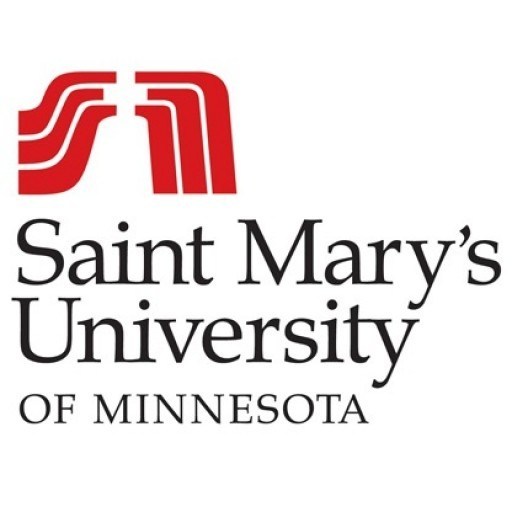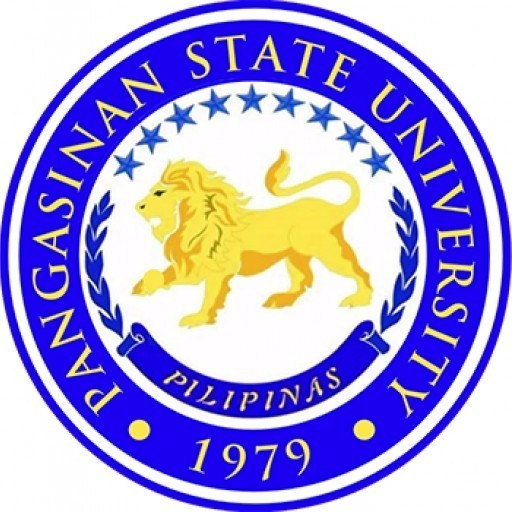The Bachelor of Arts in Philosophy at Saint Mary's University offers students a comprehensive and stimulating education in the fundamental questions about existence, knowledge, values, reason, mind, and language. This program is designed to develop critical thinking, analytical skills, and ethical reasoning, preparing graduates for diverse career paths or further study. Students will engage with a wide range of philosophical traditions and issues, including logic, metaphysics, epistemology, ethics, political philosophy, and the philosophy of science. The curriculum emphasizes both historical and contemporary perspectives, fostering an understanding of how philosophical ideas have evolved and their relevance to modern society. Through rigorous reading, writing, and discussion, students will learn to construct and critique arguments, analyze complex texts, and articulate their ideas clearly and persuasively. The program also encourages interdisciplinary exploration, linking philosophy to fields such as psychology, history, literature, and social sciences. Additionally, students are provided with opportunities for research projects, participation in seminars, and internships that enhance practical skills and professional development. The bachelor's degree in philosophy at Saint Mary's University aims to cultivate insightful, ethically responsible, and well-rounded individuals equipped to succeed in careers such as education, law, public service, business, journalism, and beyond. Graduates will also be well-prepared for graduate studies in philosophy or related disciplines, contributing to academic and intellectual advancement. The program's supportive faculty, modern facilities, and vibrant academic community create an ideal environment for inquiry, learning, and personal growth, making it an excellent choice for students passionate about understanding the complexities of human life and thought.
The Bachelor of Arts in Philosophy at Saint Mary's University offers a comprehensive and engaging program designed to develop students' critical thinking, analytical skills, and philosophical understanding. The program explores a wide range of philosophical disciplines, including ethics, logic, metaphysics, epistemology, and the history of philosophy. Students will examine fundamental questions about existence, knowledge, morality, and reason, engaging with both classical texts and contemporary philosophical debates. The curriculum is structured to foster rigorous analytical skills and encourage active participation in philosophical discourse, preparing graduates for diverse career paths such as law, education, public policy, and further academic studies.
Throughout the program, students will participate in lectures, seminars, and discussions led by faculty members who are active researchers and experienced educators. They will have opportunities to critically analyze philosophical arguments, formulate their own ideas, and communicate complex concepts effectively. The program emphasizes the development of strong writing and reasoning skills essential for success in various professional fields. In addition to core philosophy courses, students can choose from electives that explore intersections of philosophy with other disciplines like science, religion, and social sciences, enriching their educational experience.
The Bachelor of Arts in Philosophy also aims to cultivate ethical awareness and a reflective attitude towards societal issues, encouraging students to consider diverse perspectives and philosophical outlooks. This prepares them to contribute thoughtfully to contemporary societal challenges. As part of their studies, students may also engage in research projects, philosophical seminars, and internships that provide practical experience and deeper engagement with philosophical methods. Graduates of the program will be well-equipped with critical thinking abilities, ethical reasoning skills, and a broad understanding of philosophical traditions, enabling them to pursue advanced degrees or enter professional fields confidently.
Program requirements for the Bachelor of Arts in Philosophy at Saint Mary's University include a combination of core courses, electives, and interdisciplinary studies designed to develop critical thinking, analytical skills, and philosophical understanding. Students must complete a minimum of 120 credit hours to graduate. The core curriculum typically includes introductory courses such as "Introduction to Philosophy," which covers fundamental areas like metaphysics, epistemology, and ethics. Following the introductory courses, students are encouraged to choose from a range of specialized topics including philosophy of mind, philosophy of science, ancient philosophy, and ethics, allowing for both breadth and depth of knowledge. Elective courses may be selected from other disciplines to promote interdisciplinary learning; for example, courses in political philosophy, logic, or history of philosophy may be available. In addition to coursework, students are expected to engage in philosophy seminars, participate in discussions, and complete written assignments that demonstrate their analytical and argumentative skills. Some programs may include practical components such as internships or research projects aimed at applying philosophical principles in real-world contexts. To fulfill graduation requirements, students might need to pass a comprehensive exam or undertake a capstone project that synthesizes their learning across various philosophical domains. The program promotes active engagement with philosophical texts and encourages students to develop their own perspectives. Faculty mentorship and opportunities for conference presentations or publication may also form part of the curriculum, aiming to prepare students for postgraduate study or careers that demand critical reasoning and ethical judgment.
The Philosophy program at Saint Mary's University offers a range of financing options to help students manage the cost of their education. Undergraduate students enrolled in the Philosophy program can access several financial aid opportunities, including entrance scholarships, continuing scholarships, and bursaries, which are awarded based on academic achievement, financial need, or a combination of both. The university also provides information about government financial assistance programs, such as Canada Student Grants and Loans, which can be applied for through provincial and federal agencies. Saint Mary's University encourages students to explore external scholarship opportunities from private organizations, foundations, and community groups that support post-secondary education. Additionally, the university's Financial Aid Office offers guidance on budgeting, planning, and applying for financial support, ensuring students are aware of all available resources. Work-study programs are also available, allowing students to earn income while gaining work experience relevant to their field of study. International students in the Philosophy program have access to designated scholarships and financial aid tailored to their status, along with guidance on applying for external funding sources. Saint Mary's University emphasizes affordability and accessibility in its mission and continuously works to expand financial support options for all students pursuing a degree in Philosophy. Financial planning services are provided to help students develop personal budgets to cover tuition, accommodation, textbooks, and living expenses. The university also advocates for early application to all relevant funding programs to maximize financial assistance. Overall, Saint Mary's University strives to make the Philosophy program attainable for students from diverse backgrounds by offering comprehensive financial support mechanisms aligned with their academic and personal circumstances.
The Bachelor of Arts in Philosophy at Saint Mary's University offers students a comprehensive introduction to the fundamental questions and methods of philosophical inquiry. This program is designed to develop critical thinking, analytical skills, and a deep understanding of ethical, metaphysical, epistemological, and logical issues. Throughout the coursework, students explore a wide range of philosophical themes, including the nature of reality, the basis of moral values, the philosophy of mind, and the history of philosophical thought. The program emphasizes both historical and contemporary perspectives, allowing students to examine classic texts by philosophers such as Plato, Aristotle, Descartes, Kant, and Nietzsche, as well as current debates in philosophy.
Students enrolled in the program benefit from small class sizes and engaging discussions with faculty members who are experts in their fields. The curriculum typically combines lectures, seminars, and research projects, encouraging active student participation. Aside from core philosophical courses, students have opportunities to explore interdisciplinary connections with politics, ethics, religion, and the sciences. The program is suited for students interested in careers in education, law, public policy, or further academic study.
Saint Mary's University also emphasizes experiential learning, providing students with chances to participate in seminars, conferences, and community engagement initiatives. The program aims to produce graduates who are thoughtful, well-informed, and capable of rigorous analysis — skills that are valuable in many professional contexts. Additionally, students are encouraged to develop their writing and communication skills through essay assignments, presentations, and discussions. Given the university’s supportive academic environment, students receive personalized guidance to help them pursue their academic and career objectives effectively. Overall, the Philosophy program at Saint Mary's University prepares students to critically examine fundamental questions of human existence and to contribute thoughtfully to societal debates.

